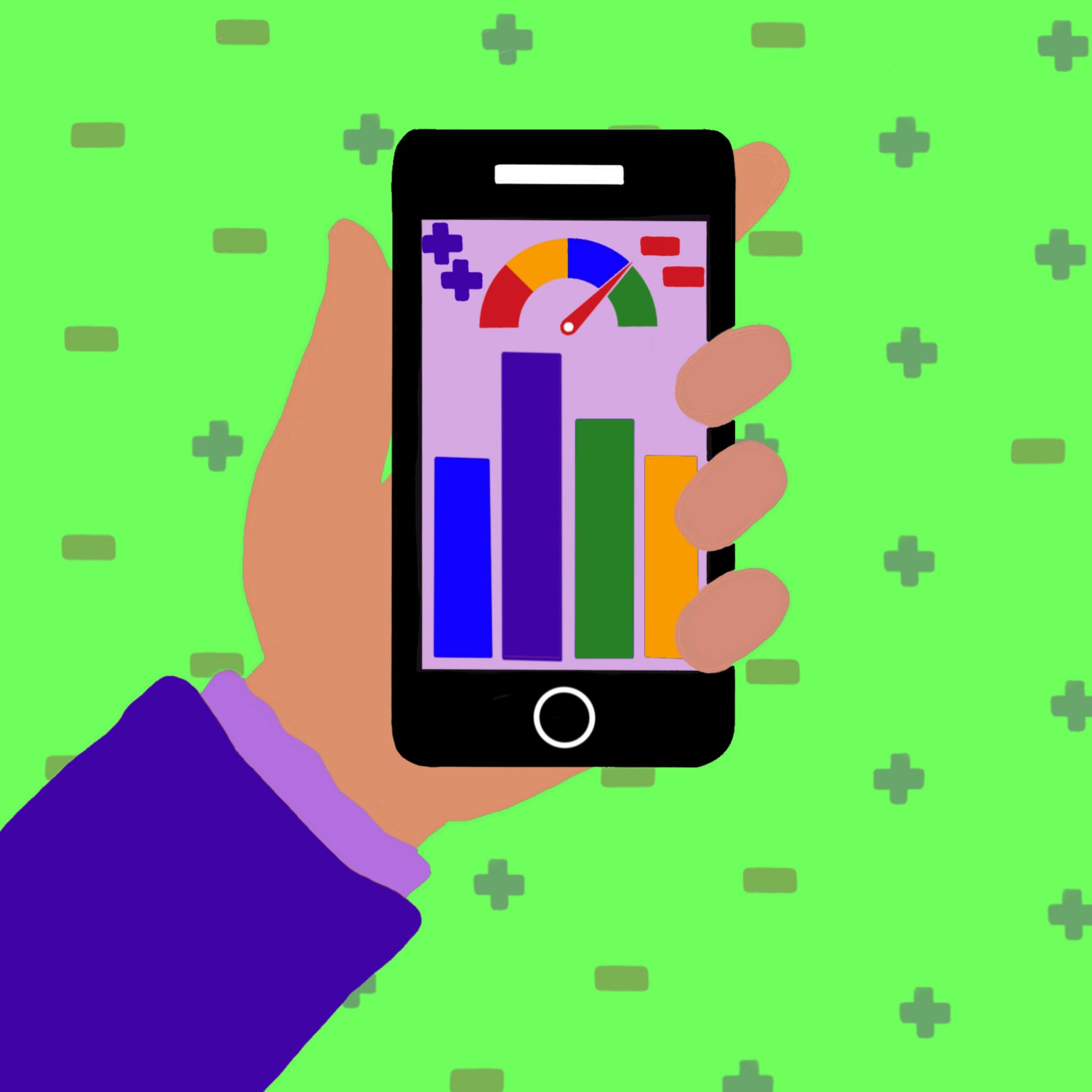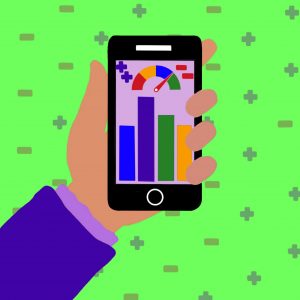Could North America adopt the social credit system?


What would happen if your every interaction, positive or negative, was being tracked? All of your favourite hobbies, shopping habits, political preferences, social media posts, and social interactions were monitored by the government and you were giving a score to deem whether you were trustworthy?
If it sounds like something out of Black Mirror to you, you’re right. The episode “Nosedive” takes a hard look at this reality and is one of the scariest episodes from the series because of how real it hits home for a generation constantly online. It is also happening in China right now.
In 2014, the Chinese government issued a new social credit system in certain parts of the country. This new system looks at things like shopping habits, alcohol consumption, social interactions, and other daily activities to determine how responsible and trustworthy a person is. As a CBC report put it, “it’s like your Facebook profile and your credit score combined.”
The scores range from 350 to 950, an NBC News report from June reported. People can increase their social score by doing prosocial activities like volunteering, donating blood, or being kind to others. Credit can be lowered by committing acts that may be seen as negative to the government: spreading rumors, jaywalking, drinking too much, playing too many video games, or political activism against the Communist Party.
It is monitored with over two million high tech surveillance cameras. Public shaming of those who commit unacceptable acts are shown on the local news every night and are plastered on video screens all over the place. There are also “information collectors” that go around neighbourhoods collecting information on citizens to report back and adjust scores.
People with good scores can get benefits like better discounts and jobs. Meanwhile, those with lower scores are publicly shamed and lose privileges. A CBC report noted 17.5 million people in 2018 were “blacklisted” from buying plane tickets due to having a lower social credit score. And being blacklisted means more than just losing a plane seat. It could prevent you from getting a job or getting your child into a decent school.
The objective of a society like this is to produce good, law-abiding citizens so the world can be easier to live in. But at the same time, it strips people of their individuality and turns human beings from social creatures into robots.
Implementing an idea like this in North America would be detrimental, especially with the toxic political climate right now with Donald Trump. We judge ourselves on social media enough already. Dating apps like Tinder, Bumble, and Grindr already allow us to judge others on their appearance. This kind of a society would just add a number to it and would include our personality, preferences, habits and beliefs.
It would force us to conform to the majority in order to survive instead of letting humans be themselves. Interactions with others and acts of generosity would become fake and pointless since most people would do it to fit in. And if someone strays away from the zeitgeist, social and political climate of the time, they could lose everything just by being themselves.
In a social credit society, the mentality to turn against those who are a lower rating than us to fit in with the bigger group will take over. Having a higher rating means fitting in and being lower means becoming ostracized from everyone else.
Looking for higher ratings will take away any real contact with people because everyone will be acting faking around others to seem pleasant to get their ratings up. Watching that episode of Black Mirror is hard enough, let alone living it for real with an actual social credit society.
And this idea isn’t going anywhere soon. A report from VICE news in December 2018 reported that the Chinese government hopes to have this system up and running around the country for all citizens by 2020.
Can a social credit society reduce antisocial behaviour, and produce good civilians and rehabilitate people considered to be bad? Of course. Just like social media can be used to catch up with others and we can see what they are up to in life. But it also has a bad side. Like how social media makes people feel more lonely and isolated lonelier and more isolated. The point of life goes from being yourself into conforming to the majority to survive and to be liked.
A society where people are desperate to be liked is a society that will doom itself in its own selfish reflective image.


